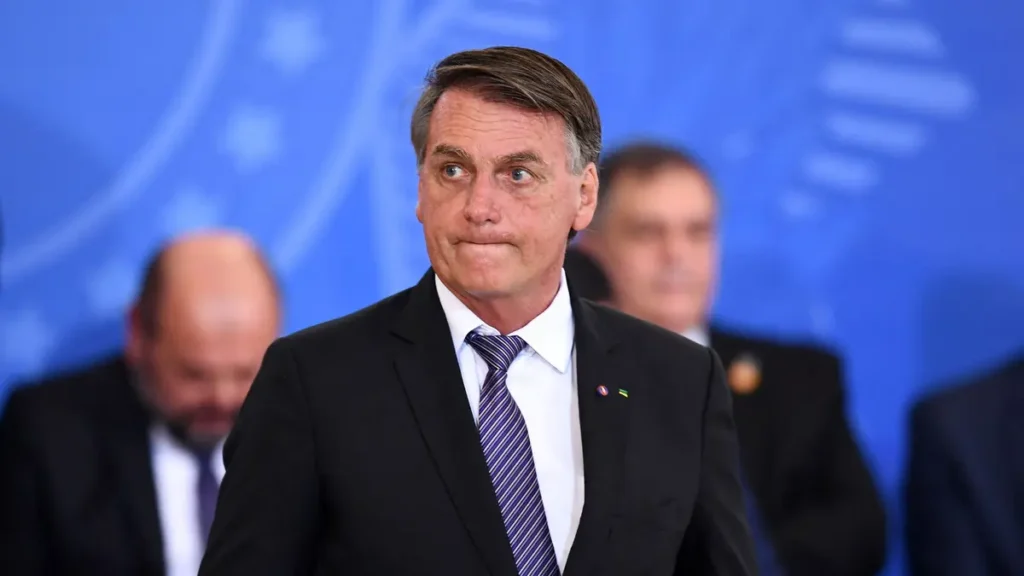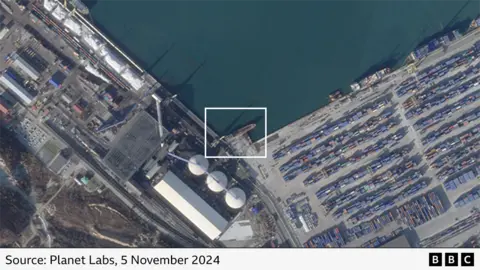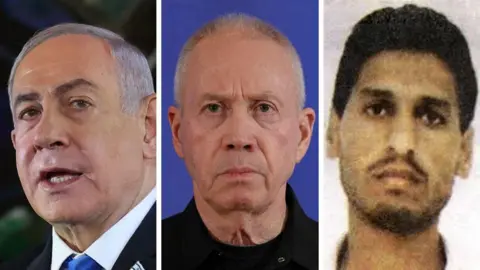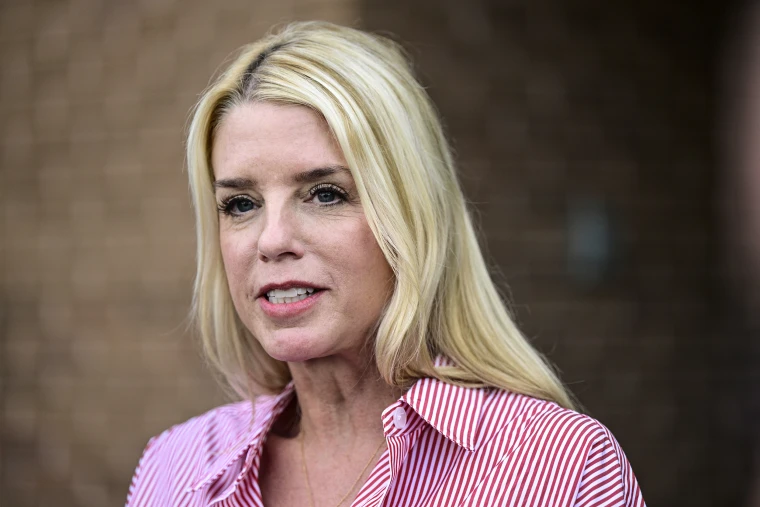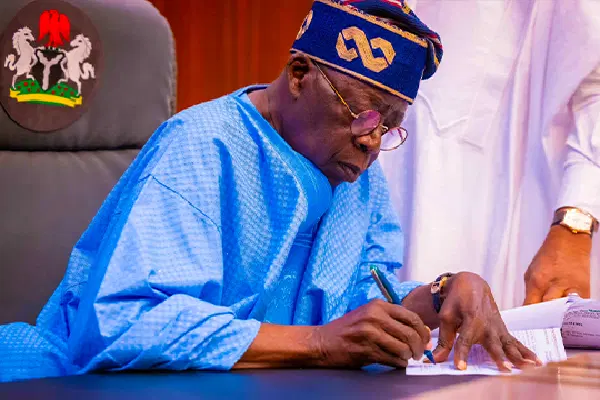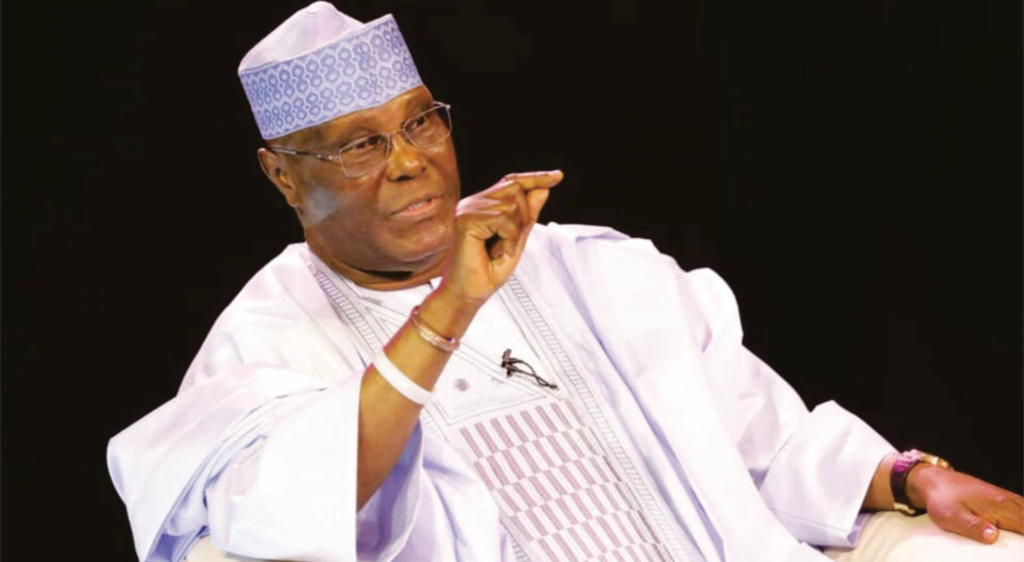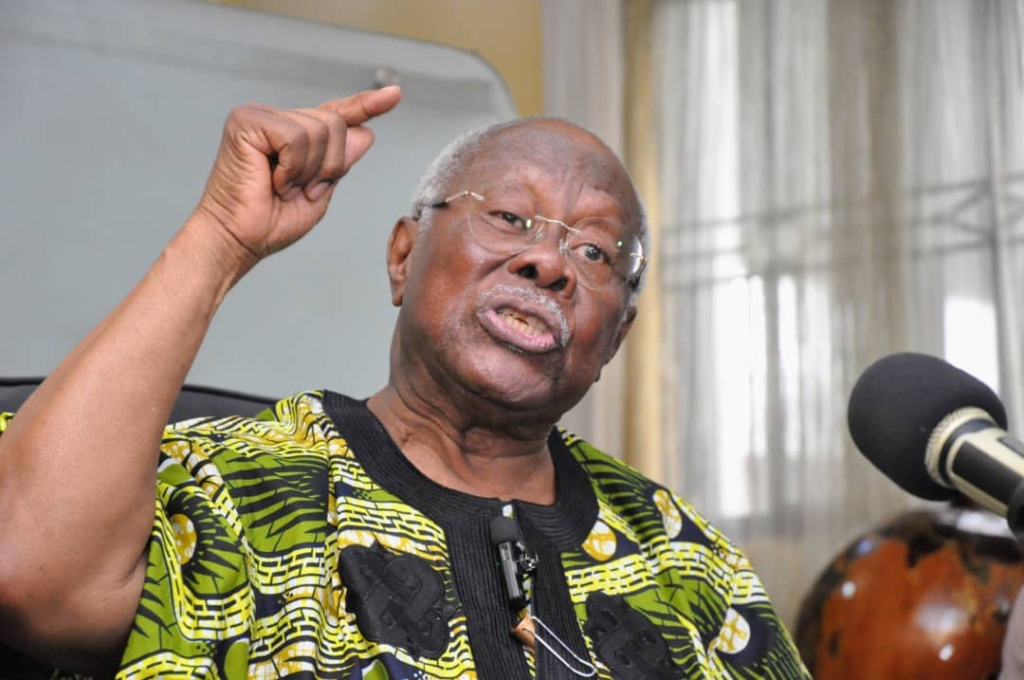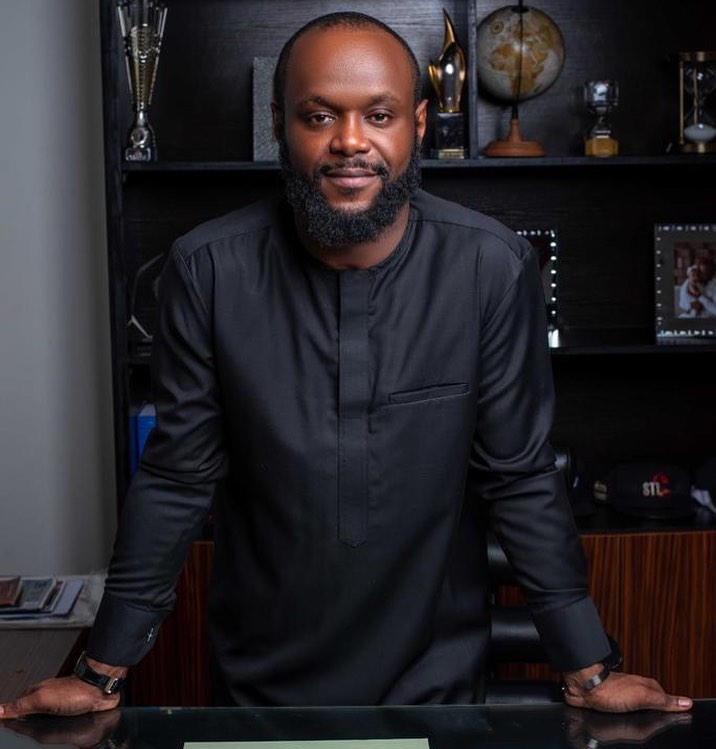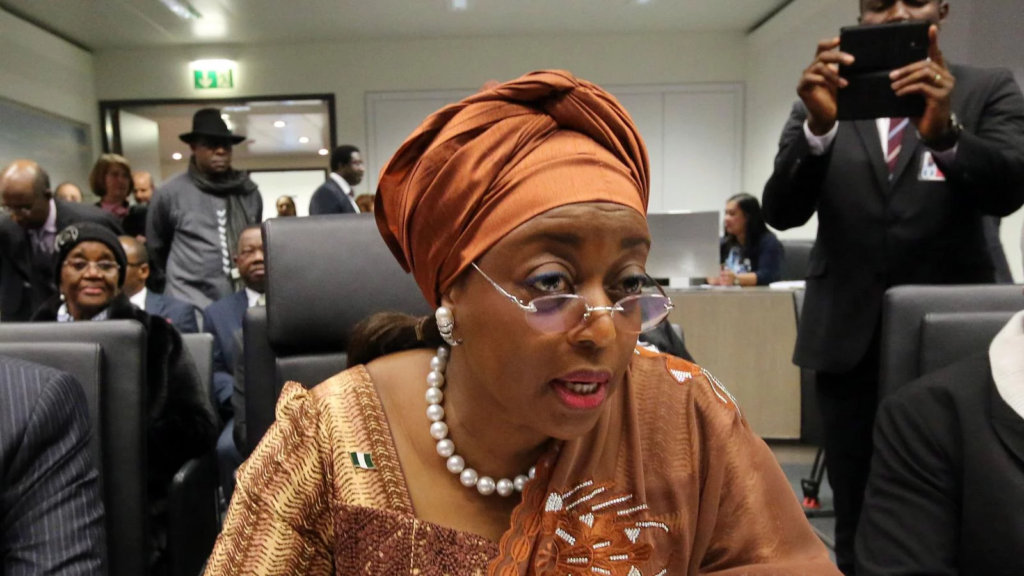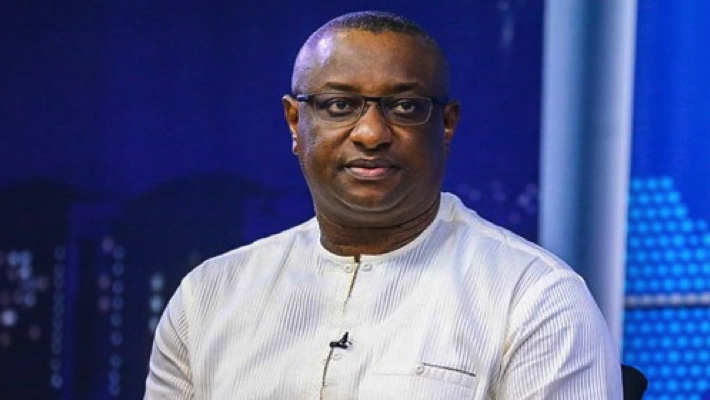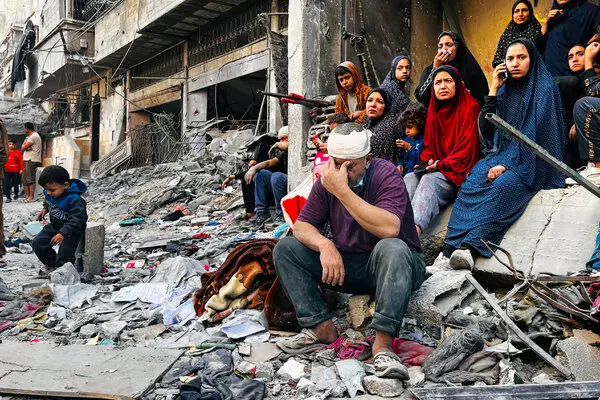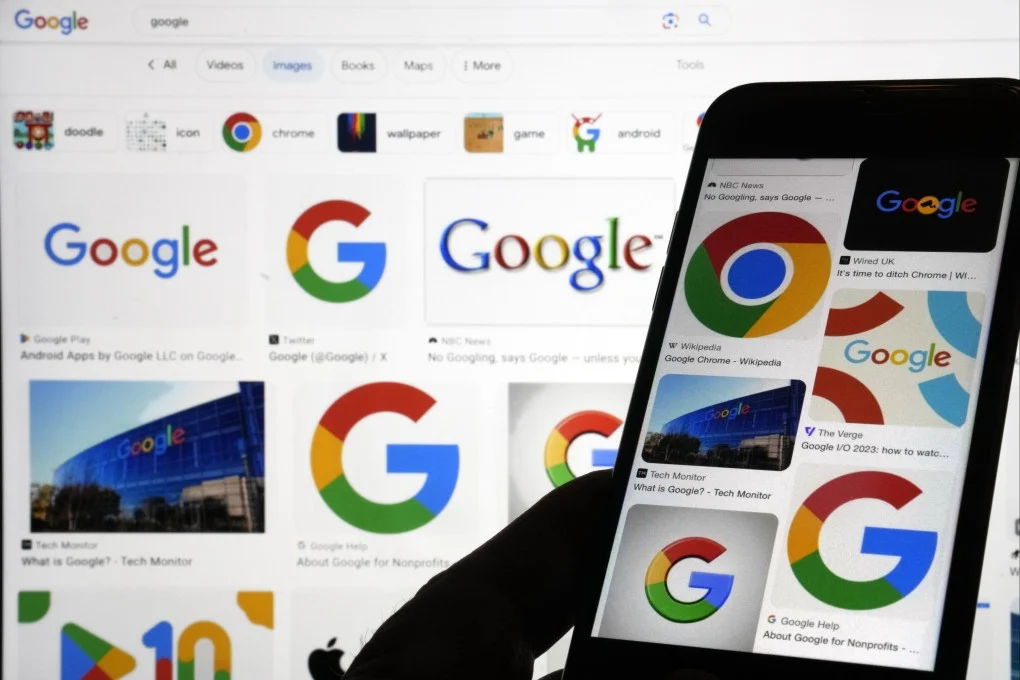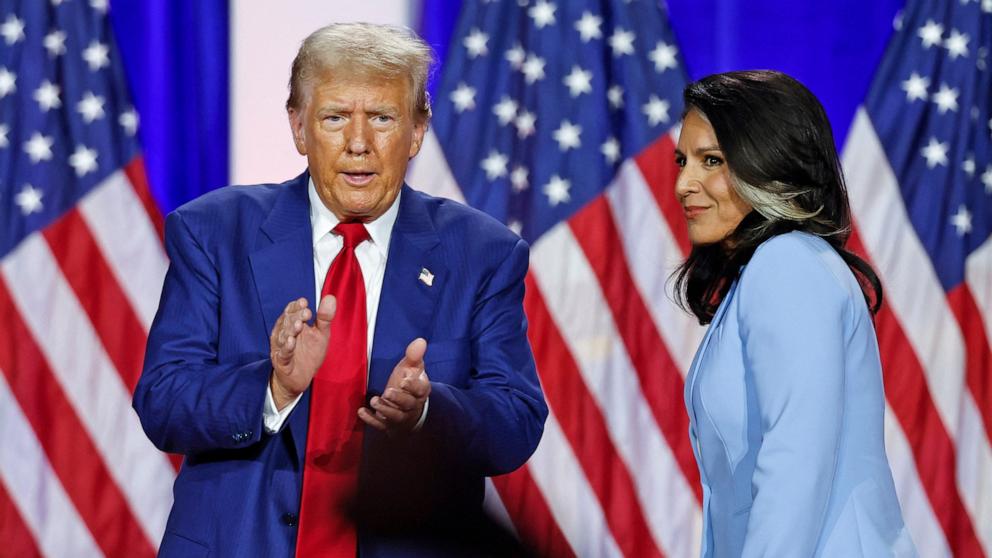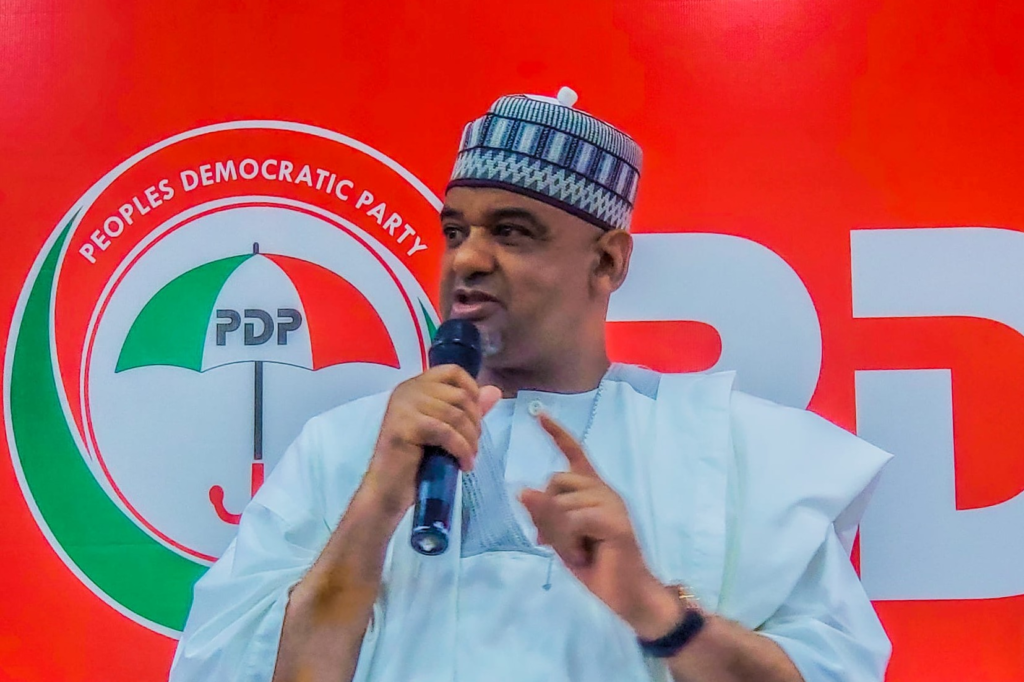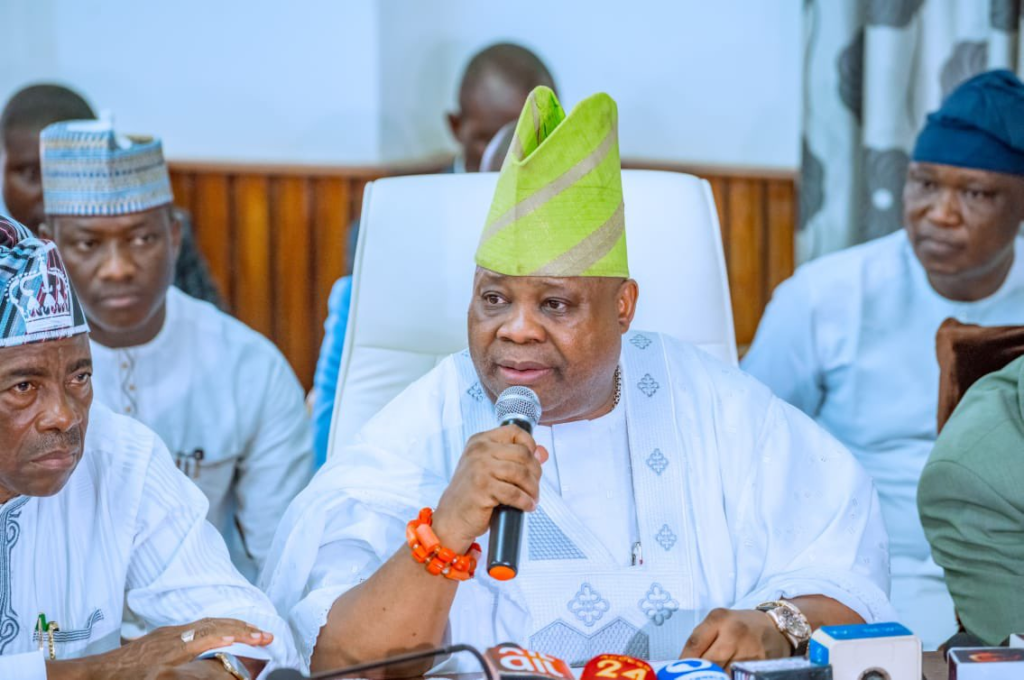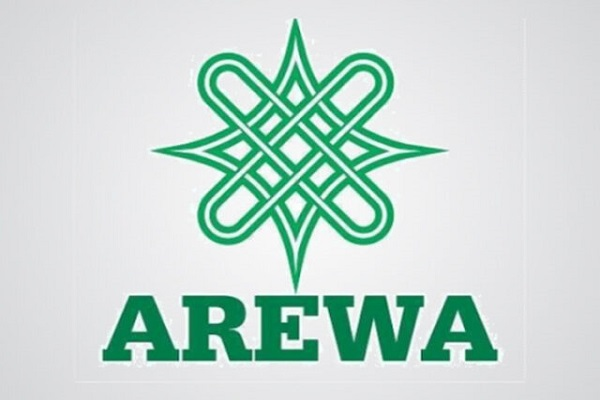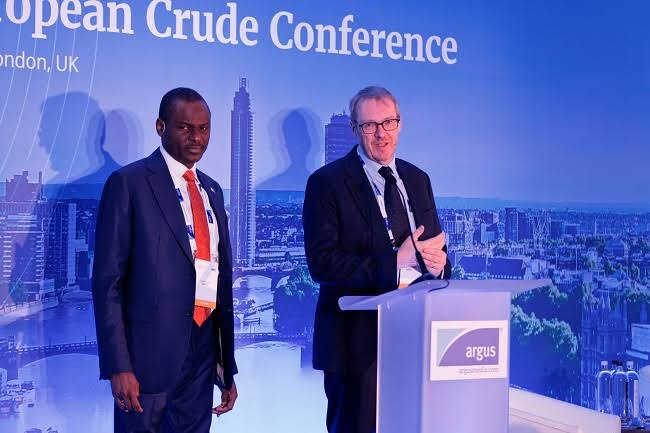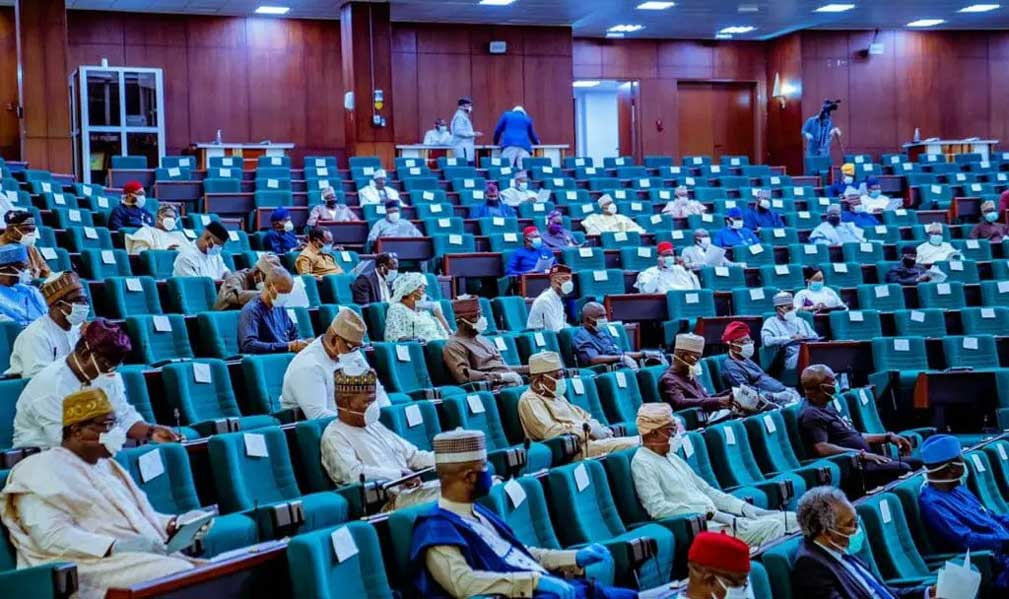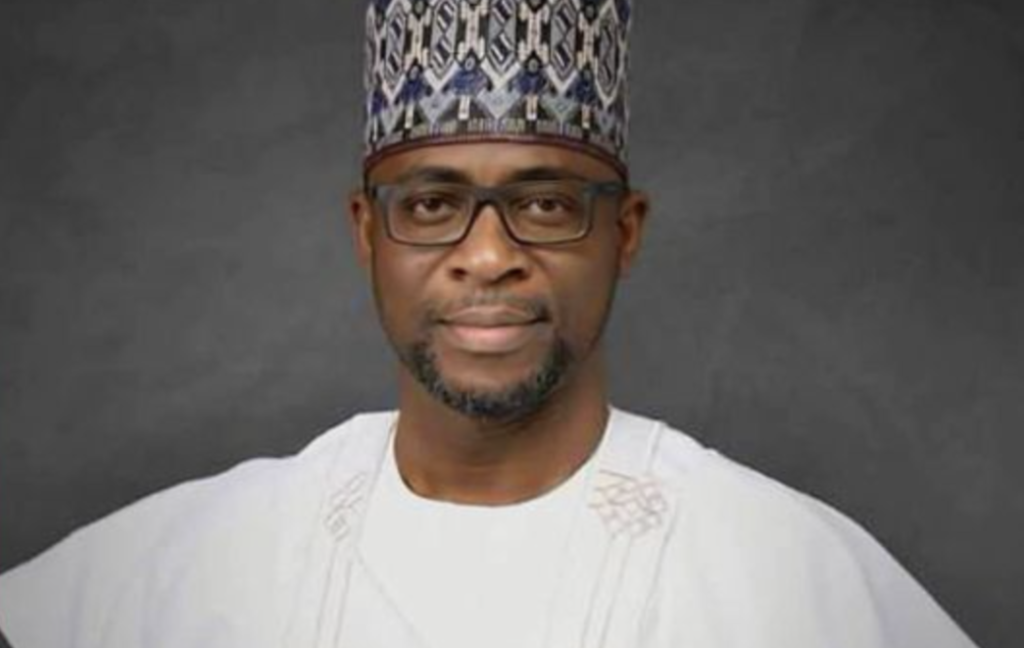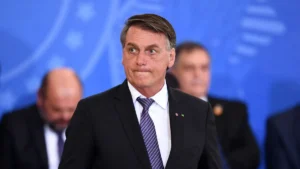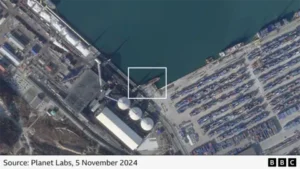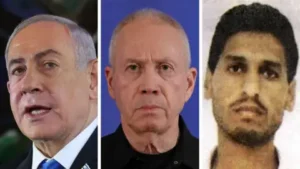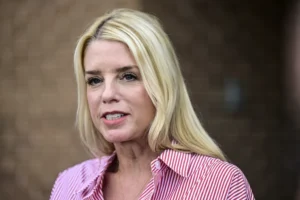A former Presidential Candidate, Patrick Utomi, on Friday, said that Nigeria has done little to become an economic diversifying base.
This is even as he pointed out that the youths are the major advancers of the economy in any country, alleging that in the case of Nigeria, the government had failed to invest in education and other sectors that could encourage the youths.
The political economist, who said this in Abuja at the launch of the Rebuild Nigeria Initiative, called on the Federal Government to take a cue from Botswana and other African countries.
His words: “What did Botswana do? they saved most of the money (from diamond export) and put it in a future fund because they realise that all Botswana’s born 200 years from now have as much as a share of it, as they will live today. And they continue to produce. “So, we’ve not done that in Nigeria. We are very ambitious elites that are rushing to buy private jets.”
Utomi also regretted that while the word “diversification” appears to be the most used word in the Federal Government’s budget presentations, Nigeria has little or nothing to show for it, because the country’s economy is still based on oil revenue.
According to him, “For more than 30 years I have heard, the object of policy is to diversify our economy away from monocultural dependence on crude oil. I mean, I have heard it so many times that it is like playing in my head.
“Unfortunately, we’ve done very little in that direction and it has assumed a new urgency because the world is going through an energy transition, and the energy transition that means that crude oil, forgetting that it’s a finite resource, but in 10-12 years from now, as close as that few cars will run on petrol and so we’ve got to put our hydrocarbons endowment to other kinds of uses. It could not be the staple that we have today and who will be in deep crisis.
“Secondly, and very importantly, even if that were not to happen, what crude oil has done to us because we know the diversified base is so frightening. But, you know, most of Africa’s problems have come from a mineral resource endowment. People have fought over easy money and have become poorer whereas they could have used to produce.
“I like to tell my story as a pure child of Nigeria, I mean, who push you off about where they’ve been. But, you know, I was born in Kaduna. I was baptized in Jos. I lived in Maiduguri as an infant. I started schooling in Kano, and the bulk of my primary education was in Guzo then I entered secondary school in Onitsha and the bulk of my secondary education took place in Ibadan so I saw Nigeria in the early 60s, and saw a producing country from my upbringing in northern Nigeria.
“This year, about $4 billion of investments are expected to come to Nigeria tech space. It was not through the biggest financial institution in Nigeria, it is Zenith, and it is not the first bank. The company was started by some young people a couple of years ago and is called flutter wave.
“They are the ones holding the economy right now. They are doing it in Nollywood. They’re doing it with the music, and all of that. Just imagine that we put a cost on them, that we treated them like the kings that they deserved, and deserved to be treated.
“If we had invested massively in their education. I mean, multiples will go up. We’ve got to stop politicians that take advantage of this easy money that comes into the treasury. We’re going to do things like Botswana did. Botswana, from 1968 to 1980, was the fastest growing economy in the world, essentially from diamond exports.”
Earlier, the Chairman of Rebuild Nigeria Initiative, RIN, Pastor Ituah Ighodalo, noted that Nigeria is facing precarious times, characterized by fault lines borne from ethnoreligious conflicts.
Nevertheless, he charged well-meaning citizens to come together to accelerate progress towards a new Nigeria where the rights and wellbeing of the people are prioritized.
Ada Peter


